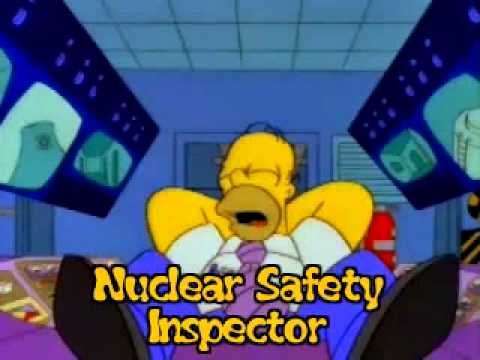Towards a post-skills economy

I’ve been meaning to write these thoughts down for a few months now, but since today some of my ideas friends have called crazy and unrealistic are in the New York Times, I’ll get it out.
Now many of us can agree that Ray Kurzweil is a nut, but his singularity theory is singularly captivating. His first claim (and to me this is his real game changer) is that the progress of technology is exponential but we tend to think linearly, which at this stage in the technology growth curve means that advances two years away are literally unthinkable to most. Just as email on your phone, buying things over the Internet, and yes—a computer playing Jeopardy, were unthinkable until all of a sudden they were commonplace, contact lens computing will probably one day find the same how’d-that-happen adoption.
On his first point I overwhelmingly agree; his second might be a bit off. He says that within 30 years there will be no functional distinction between people and machines – we will be as much computer as a computer is constructed organically. You can debate the timescale or the end result, but it’s hard to debate the inevitable rise in artificial intelligence.
Computers are gaining, and slowly developing the ability to do what humans do. First they put telephone operators out of work, then all manner of salespeople. Techncal support is coming next. They even do advertising (Google lets you try many different versions of an adsense ad and automatically chooses the most successful, no intuition required.) As they grow in intelligence there is no theretical limit to how advanced of a job they can take, and computer labor will travel up the skills ladder, from data entry to doctor to receptionist.
There are plenty of critiques of this idea, none of which make sense. One is that computers are fundamentally incapable of making the kind of decisions we can make; in fact, their different approach to decision-making is not necessarily worse than ours and I think they’ll catch up with us in abstract thought.
Another critique is that our economy and labor force will restructure itself as it has always done in response to new technology – changes will represent opportunity and jobs managing computers and innovating. And I have two counters to this:
One, a blind faith in the ability of the economy to reconfigure itself neglects the scope and nature of this change. When a computer takes over an entire sector or industry, it replaces MANY more jobs than it creates. The technicians required to run Amazon.com and develop its software are far fewer than the salespeople who would previously have been needed to sell all those items.
Two, the jobs and opportunities created are all high level jobs that require education. When we replace many low-level jobs with just a few high-level jobs, we are cutting people out of the economy who simply do not have the intelligence or education to cope. The reason there have so far been so many low-level computing jobs available is because of inefficiencies and lack of intelligence in our software. Many computer related jobs involve primarily copying data from one excel sheet to another (LINK homer nuclear) or modifying one part of a website to reflect data available elsewhere – in other words jobs that, within one or two quantum leaps in artificial intelligence, will be gone.
(I often wonder if the 2008 market crash wasn’t the first great correction of this sort – caused by other factors but in the end a cleansing that brought businesses face to face with how fewer staff they really needed.)
So my big question is, what will this brave new economy look like? Will the collapse of the middle class continue along an education divide, with the only three groups being the jobless poor, wealthy computer scientists, and insanely wealthy owners of businesses? Will the only human-run business be the creation of art at places like Etsy?
I argue that because of these forces, Capitalism must be replaced with something else (though it has worked fairly well for so long.) A system orders of magnitude more stratiied than it is now, that allows 0.1% of the population to fly in private jets and 99.9% struggling for food, is untenable. It also would mean no customers for those super-businesses.
If this situation comes about, my thought is to first redefine how we see a corporation. Instead of being solely tools for profit by their owners, ownership would be much more fluid. Computing will allow us to redefine money and ownership in ways now difficult to imagine. For example, purchasing a cup of coffee could give a customer fractional ownership that diminishes over a period of time. In other words, we will be able to devise an alternative to our economic system that efficiently allocates for success of the right products and technologies and rewards innovators, but not at the price of the impoverishment of the world
Or maybe not. Every generation sees its salvation in future societal shifts, and so many have been wrong before. It’s beyond me to even say conclusively what I will eat for dinner tonight, and I’m certainly not qualified to predict the global economy.
Sent from my iPhone
